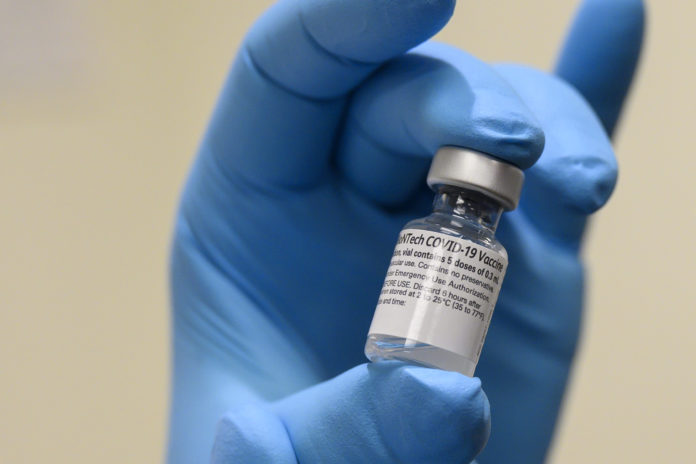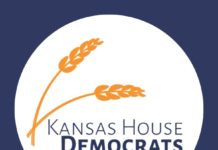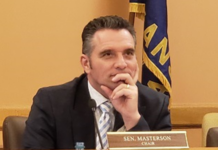
Vaccines for COVID-19 will be made available to state legislators and statehouse staff in early February, according to a state health department memo.
The first dose of vaccines will be administered in a gym south of the state Capitol during the first week of February, the memo said.
Individuals currently under isolation after testing positive for COVID-19 or under quarantine for exposure to the virus were instructed not to leave isolation to get the shot.
Lawmakers and staffers who tested positive in the last 90 days for COVID-19 were encouraged to get the vaccine if they had recovered from the virus.
Last month, the governor’s office announced that the vaccine would be made available to the Legislature’s constitutional officers as part of the state’s continuity of operations plan.
The governor’s office released a list of the state leaders who could get the vaccination immediately as part of a continuity of operations plan, sparking a debate over whether politicians should be vaccinated early.
The list included Senate President Ty Masterson, Senate Vice President Rick Wilborn, House Speaker Ron Ryckman Jr. and Speaker Pro Tem Blaine Finch.
Also eligible were Lt. Gov. David Toland, Attorney General Derek Schmidt, Treasurer Lynn Rogers, Secretary of State Scott Schwab, Insurance Commissioner Vicki Schmidt and Supreme Court Chief Justice Marla Luckert.
Gov. Laura Kelly has already been inoculated.
Other states such as Colorado and Oklahoma have already made the vaccines available to lawmakers.
Kelly last week announced that the state was moving to the second phase of vaccine distribution, which covers anyone 65 and over as well as high-contact workers who are vital to state security, the economy or public health.
The second phase includes firefighters, police officers, first responders, correction officers, grocery store workers and food service employees, teachers, transportation workers, meat processing plant workers, and large-scale aviation manufacturing plant workers.
Last week, Republican state Rep. John Eplee, a physician from Atchison, asked the state health secretary how vaccines might be made available to lawmakers who couldn’t return home from the Capitol to get a vaccine in the second phase of distribution.
Health Secretary Lee Norman told lawmakers that they could get the vaccines whether they were at home or in Shawnee County.
“The county of residence doesn’t make any difference,” Norman said. “If a person works in Wyandotte and lives in Shawnee, it doesn’t matter.”
Norman added that he would talk to the governor about making vaccines available to legislative staffers because they are unable to control their environment and might not necessarily be able to keep a safe distance from others.
At the time it was announced that the vaccine would be made available to legislative leaders, there was some misgivings expressed about giving it to lawmakers ahead of the rest of the general population.
“It is inappropriate to prioritize politicians and prisoners over our most vulnerable,” Masterson said at the time, alluding to comments the governor made last week about giving prisoner vaccinations priority over the general population.
“The priority for the vaccine should be placed on front-line health care workers and vulnerable Kansans.”
Masterson said in an interview Monday that he wished the state would prioritize the elderly and the more vulnerable.
“Some of our senators – and staff members – are in that category,” he said. “I think they should focus on people by their age and vulnerability, not by position.”















